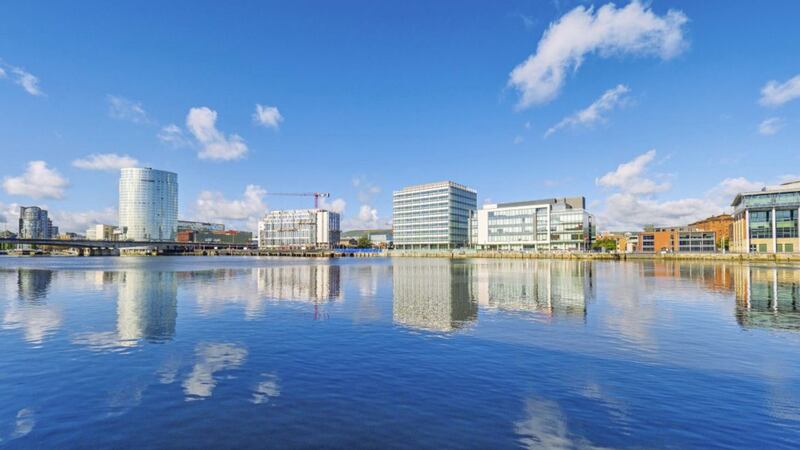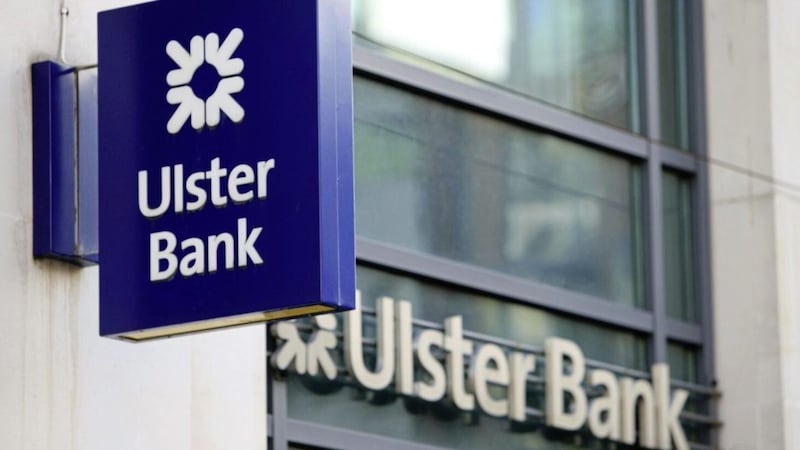THE north's economy is on the "brink of recessionary territory" after new official figures revealed a fall in activity at the start of the year.
The Northern Ireland Composite Economic Index (NICEI) published yesterday, has estimated economic activity fell by 0.3 per cent between the end of 2017 and the first three months of this year. The economy shrank by 1 per cent in comparison to the same period in 2017 and remains behind the UK, which grew by 1.2 per cent over the year.
The NICEI is currently 6.3 per cent below the maximum value recorded at the end of 2006.
The slump over the last quarter is attributed to a slowdown in the construction sector, which delivered a negative contribution of 0.6 per cent and the public sector, but is partially offset by an increase in the services sector.
When the trend in the index is considered over the last three years there is evidence that the rate of economic growth in the north has slowed, with average growth over the last four quarters to the beginning of 2018, flat in comparison to the preceding four. It is also lower than the annual growth over the previous two year period, recorded at 2 per cent.
Private sector output fell by 0.3 per cent from the end of 2017 to the first of three months of 2018 and over the year by 1.2 per cent. Public sector jobs also fell over the quarter and year by 0.3 per cent and 0.1 per cent respectively.
CBI Northern Ireland director, Angela McGowan said the latest data reveals "worrying" levels of economic contraction and presents a stark warning for the Northern Irish economy.
"With two consecutive declines in economic activity in the middle of 2017, the region looks to be on the brink of recessionary territory," she said.
“A shrinking economy reduces much-needed revenues for our public services, limits opportunities for young people and sends out the wrong signal to foreign investors at a time when the global economy is in robust health, with a solid growth rate of 3.9 per cent."
Ms McGowan highlighted the current political impasse at Stormont and Brexit uncertainty as two anchors on economic growth.
"The CBI and other business leaders have repeatedly called on political leaders to get back into government so that critical decisions can be made, on issues such as economic strategy, infrastructure and public service transformation.
“Action is need to remove the current handbrake on local economic activity," she said.
Danske Bank chief economist, Conor Lambe said despite the fall in output, the annual rate of economic growth in Northern Ireland for 2018 as a whole is expected to be positive.
"But with the challenges of constrained consumer spending power and Brexit-related uncertainty likely to persist, the performance of the local economy throughout this year is expected to be underwhelming," he added.








